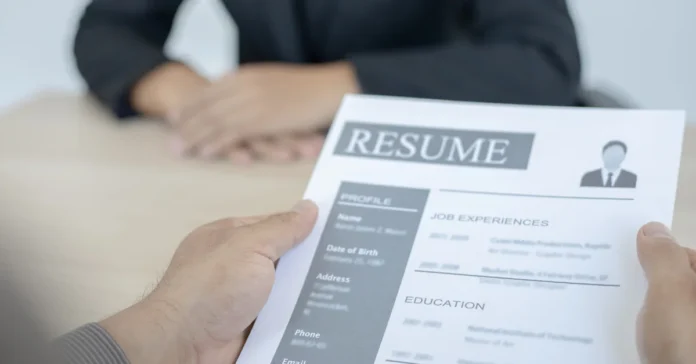Conducting interviews is more than just asking questions. It’s a skill that requires preparation, active listening, and the ability to assess candidates not just for their qualifications but for how well they’ll fit within your organization’s culture and goals. Whether you’re hiring for your team or building an entire organization, here are key tips to improve your interview process and make better hiring decisions.
Prepare Thoroughly
Before you even sit down with a candidate, it’s essential to do your homework. Understand the job description in detail and identify the key competencies needed for the role. Review the candidate’s resume, LinkedIn profile, and any other materials they’ve submitted. Tailor your questions to dig deeper into their past experiences, skills, and challenges. Preparation sets the stage for a more focused, productive conversation.
Create a Comfortable Environment
A successful interview is one where the candidate feels comfortable enough to share openly. To achieve this, start the interview with a friendly greeting and an easy question to break the ice. Ensure the physical environment is quiet and free from distractions, as this will help both you and the candidate stay engaged. Remember, a relaxed atmosphere allows candidates to perform at their best, which ultimately helps you assess their potential more accurately.
Ask Behavioral Questions
Behavioral interviewing is one of the most effective methods for understanding how a candidate handles real-world situations. Instead of asking hypothetical questions, ask candidates to describe specific past experiences, such as “Tell me about a time when you had to manage a challenging project under tight deadlines.” This provides insights into their problem-solving abilities, teamwork skills, and how they align with your company’s values.
Listen Actively
Great interviewers know that listening is just as important as asking the right questions. As you listen, pay attention to the candidate’s responses, but also observe their tone, body language, and non-verbal cues. These can reveal a lot about their confidence, level of engagement, and communication style. Stay focused and avoid interrupting—let the candidate complete their thoughts. This will also allow you to ask deeper follow-up questions based on what they’ve said.
Give the Candidate Time to Think
Sometimes, candidates need a moment to gather their thoughts before answering a question. Allow for these pauses instead of rushing them. You can even let them know it’s okay to take a minute to think before responding. This not only helps the candidate deliver a more thoughtful answer, but it also shows respect for their process, which fosters a positive impression of your company.
Be Consistent in Your Questions
To ensure fairness and to make it easier to compare candidates, try to ask the same core set of questions during each interview. While it’s important to follow up on individual responses, having a consistent set of questions will give you a clearer perspective on how different candidates approach similar challenges. This consistency also helps minimize biases and keeps the process as objective as possible.
Close with Transparency
One of the most important aspects of the interview is setting clear expectations for the next steps. At the end of the conversation, be transparent about your timeline and what candidates can expect moving forward. Whether it’s waiting for feedback, another round of interviews, or a decision, letting candidates know the next steps shows respect for their time and leaves a positive impression, even if they aren’t selected.
Mastering the art of interviewing is a valuable skill that helps you not only find the right talent but also create a better hiring experience for all involved. Effective interviews lead to smarter hiring decisions, which ultimately contribute to building stronger teams and a more successful organization.
#Recruiting #Interviewing #TalentAcquisition #Hiring #Leadership #HumanResources #EmployeeExperience #CareerDevelopment

